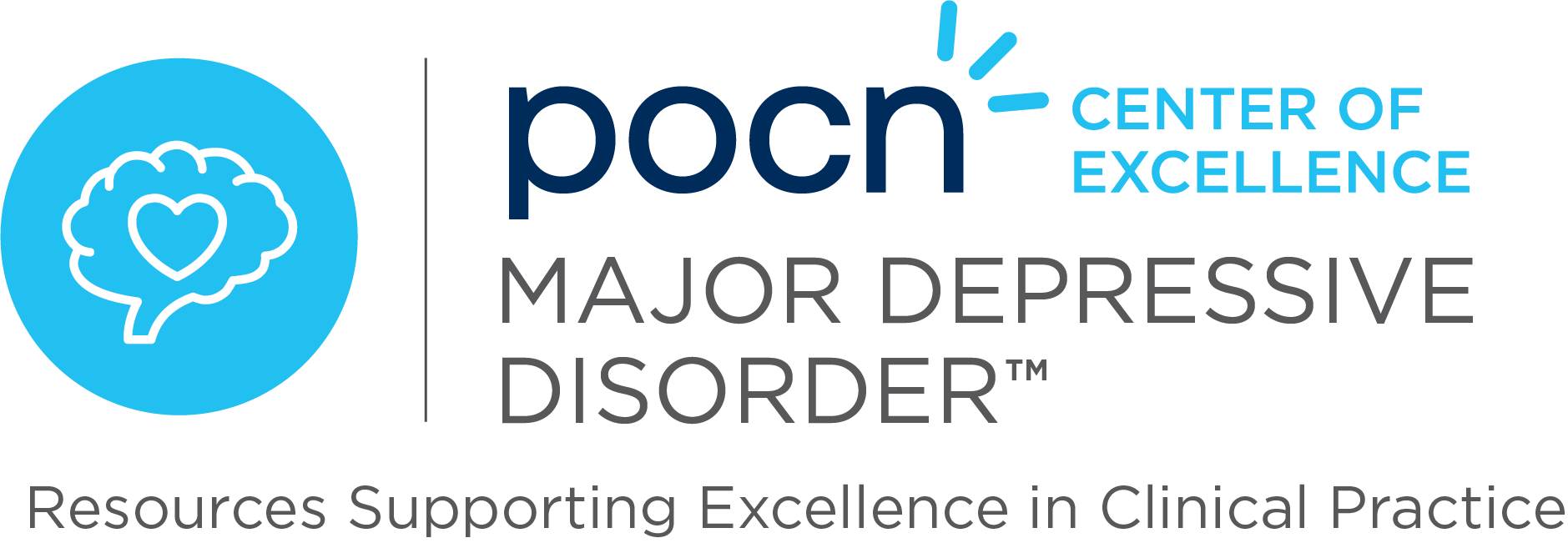The global prevalence of depression has been rising steadily, with about 1 in 5 adults in the United States expected to experience major depressive disorder (MDD) in their lifetime. The COVID-19 pandemic further exacerbated risk factors, increasing the prevalence of depressive symptoms, economic strain, and suicidal ideation. Current mental health practices face challenges such as geographical and healthcare inequities, limited access to mental health services, and stigma. All of these challenges hinder early diagnosis and effective treatment of depression.
Digital health technologies, including telepsychiatry, digital therapeutics, and digital biomarkers, show promise in transforming depression management by improving access, diagnosis, and treatment. These tools offer opportunities for personalized, scalable, and cost-effective mental healthcare. Digital therapeutics can provide software-based treatments approved by the FDA, while telepsychiatry has already reshaped mental health care delivery, particularly during the pandemic. As digital tools evolve, they hold the potential to address gaps in depression management, though further validation and development are needed for widespread implementation.
Reference: McIntyre RS, Greenleaf W, Bulaj G, et al. Digital health technologies and major depressive disorder. CNS Spectr. 2023;28(6):662-673. doi: 10.1017/S1092852923002225.


